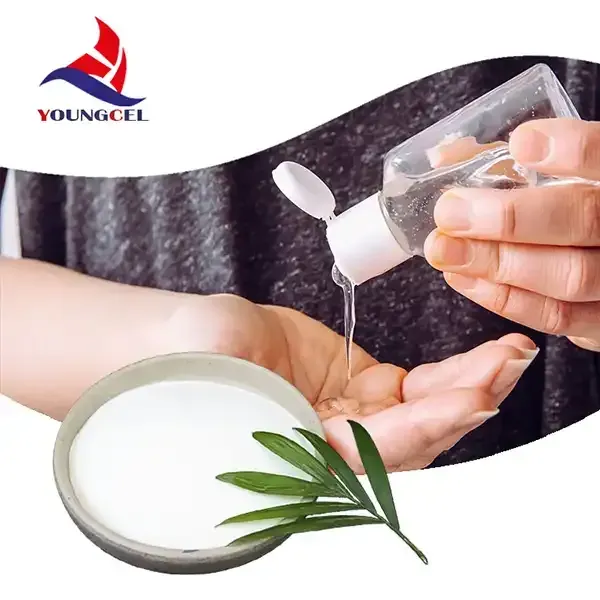Understanding HPMC Thickener Properties, Uses, and Benefits
Hydroxypropyl Methylcellulose (HPMC) is a versatile thickening agent that is widely used in various industries, particularly in pharmaceuticals, food, and cosmetics. As a derived product of cellulose, HPMC combines the characteristics of cellulose with the properties that make it suitable for thickening, binding, and emulsifying. This article will delve into the properties, uses, and benefits of HPMC thickener.
Properties of HPMC Thickener
HPMC is a white, odorless powder that is soluble in cold water but not in hot water. This unique solubility makes it an excellent thickening agent for formulations that require a smooth texture and consistency. One of the key characteristics of HPMC is its ability to form a gel-like structure when mixed with water, which contributes to its thickening ability. HPMC is non-ionic, meaning it does not contain any charged groups, making it stable over a wide range of pH levels and ionic strengths. This stability is crucial in preventing any adverse reactions in different formulations.
HPMC has a variety of molecular weight ranges, which can be used to tailor the viscosity and texture of a product. Low-molecular-weight HPMC is suitable for applications requiring quick thickening, while high-molecular-weight grades provide excellent gel formation and higher viscosity. This versatility allows manufacturers to choose the right type of HPMC based on their specific needs.
Uses of HPMC Thickener
HPMC is widely utilized across multiple industries, each taking advantage of its unique properties
1. Pharmaceuticals HPMC is often used as a binder in tablet formulations, helping to ensure that ingredients are evenly mixed. It also serves as a thickening agent in topical creams and gels, providing a desirable consistency and improving the product's stability.
hpmc thickener

2. Food Industry In the food sector, HPMC acts as a thickener, emulsifier, and stabilizer. It is commonly found in sauces, dressings, and ice creams, enhancing the texture and mouthfeel of these products. Its ability to replace fats and oils also makes it a popular choice in low-calorie or gluten-free products.
3. Cosmetics HPMC is an essential ingredient in many cosmetic formulations, including lotions, shampoos, and conditioners. It helps in providing a smooth and creamy texture while serving as a stabilizer that maintains product consistency over time.
4. Construction Beyond personal care and food, HPMC is also used in the construction industry as a component in tile adhesives and masonry mortars. Its water-retaining properties help to improve workability and bonding in building materials.
Benefits of HPMC Thickener
The benefits of using HPMC thickener are substantial. It is regarded as safe for use in food, pharmaceuticals, and cosmetics, making it an excellent choice for sensitive applications. Its non-toxic nature and absence of allergens contribute to its widespread acceptance among consumers.
Moreover, HPMC's versatility and adaptability allow manufacturers to formulate a wide variety of products while maintaining quality and performance. It enhances texture, stability, and shelf-life, providing significant improvements in product quality.
In conclusion, HPMC thickener is a vital ingredient in many formulations across diverse industries. Its unique properties and benefits ensure that it remains a go-to thickening agent for manufacturers looking to enhance product performance while meeting consumer demands for safety and quality. Whether in pharmaceuticals, food, cosmetics, or construction, HPMC continues to play a crucial role in the development of innovative and effective products.
-
Rdp Powder: Key Considerations for Wholesalers in the Building Materials IndustryNewsJul.08,2025
-
Key Considerations for Wholesalers: Navigating the World of Hpmc - Based ProductsNewsJul.08,2025
-
Hpmc Detergent: Key Considerations for WholesalersNewsJul.08,2025
-
Key Considerations for Wholesalers: China Hpmc For Tile Adhesive, Coating Additives, Concrete Additives, and MoreNewsJul.08,2025
-
Crucial Considerations for Wholesalers: Navigating the World of Construction MaterialsNewsJul.08,2025
-
Key Considerations for Wholesalers Sourcing Additive For Cement, Additive For Concrete, Additive For Putty from Additive Manufacturer Shijiazhuang Gaocheng District Yongfeng Cellulose Co., Ltd.NewsJul.08,2025




